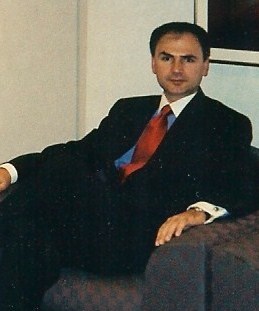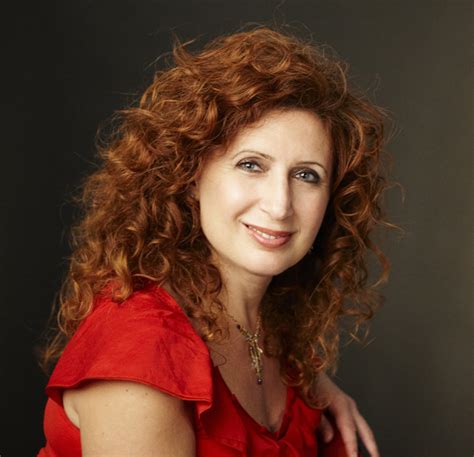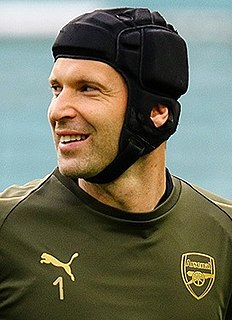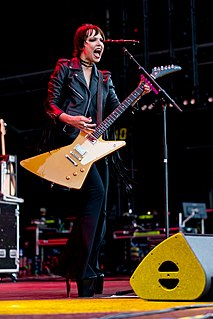A Quote by Pankaj Mishra
For boys like me, in north Indian railway towns in the '70s and '80s, where nothing much happened apart from the arrival and departure of trains from big cities, the Soviet Union alone appeared to promise an escape from our limited, dusty world.
Related Quotes
This much I would say: Socialism has failed all over the world. In the eighties, I would hear every day that there is no inflation in the Soviet Union, there is no poverty in the Soviet Union, there is no unemployment in the Soviet Union. And now we find that, due to Socialism, there is no Soviet Union!
Why were the Europeans bothered about the Soviet Union at all? It was nothing to do with us. China had nothing to do with us. Why were we not building, without reference to the Soviet Union, a good society in our own countries? But no, we were all - in one way or another - obsessed with the bloody Soviet Union, which was a disaster. What people were supporting was failure. And continually justifying it.
25 million of Russian people suddenly turned out to be outside the borders of the Russian Federation. They used to live in one state; the Soviet Union has traditionally been called Russia, the Soviet Russia, and it was the great Russia. Then the Soviet Union suddenly fell apart, in fact, overnight, and it turned out that in the former Soviet Union republics there were 25 million Russians. They used to live in one country and suddenly found themselves abroad. Can you imagine how many problems came out?







































